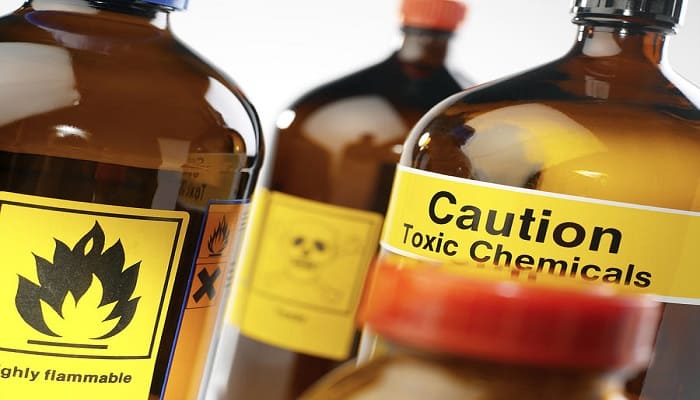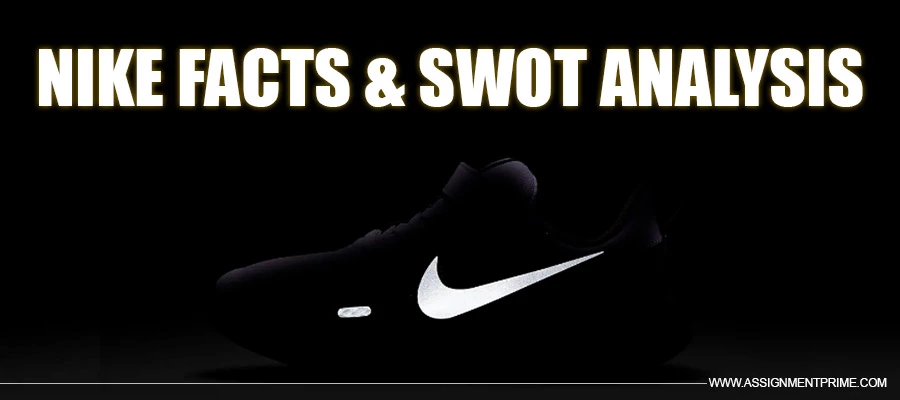6 Sets of Incompatible Chemicals You Should Never Store Together
06 Jan 2018 5251
“The contact of two chemicals is like a meeting of two girls which has only two outcomes; either friends or foes and nothing in between.”
During your primary school, your teacher might have told you that always keep fire away from petrol or kerosene. When you studied chemistry in high school, it was taught that sodium must be kept in kerosene, not in water and the reason for the same was nothing else but their incompatibility with each other. When opposing chemicals are stored very closely in labs or any other place it may result in aggressive reactions which may lead to fire, explosion, and emission of toxic gases. It is essential to ensure that any incompatible chemicals must be stored at least 3-5 meters away from each other. There are many chemicals which should never be stored together. We have enlisted some of the most commonly used chemicals along with their ill-matched ones. Read further to know about them:
1) H2O (Water)
They say that if 71% of the earth is engulfed with water, then find a place on the rest 29% land to store chemicals such as acetyl chloride, alkaline, alkaline earth metals, barium peroxide, carbides, chromic acid, phosphorous oxychloride, phosphorous pentachloride, phosphorous pentoxide, sulfuric acid, and sulfur trioxide. Not following the rule will end up with some serious chemical activities that you can’t control later.
2) Nitric Acid
There is a thumb rule that Nitric acid should be steered clear of any organic solvents as a huge explosion may occur. HNO3 is used in the manufacturing process of explosives and fertilizers. This acid should be handled away from the substances such as acetone, acetic acid, alcohol, chromic acid, aniline, hydrocyanic acid, and hydrogen sulfide.
3) Chlorine
The most widely and cheapest disinfectant, chlorine has played an essential role in the mid-19th century when there was an outbreak of water-borne diseases across the world. You must avoid storing chlorine with or near acetylene, benzene, butadiene, hydrogen, any petroleum gases, sodium carbide, and turpentine to avoid watching a firework in the lab.
4) Mercury
Mercury(Hg) is used in thermometer and barometer. Being a poisonous metal, it is advised to handle it with utmost care. Mercury is very infamous for forming explosive or toxic compounds with acetylene, fulminic acid, and ammonia and should be kept far away from these compounds.
5) Iodine
Iodine is one of the substances that you always consume whenever you eat any salty food. Also, in your laboratory class, your teacher might have used it while testing for the presence of starch in the potato. But from now on, you must keep your iodized salt or any substance containing Iodine away from the materials that have acetylene, ammonia, and hydrogen as it forms unstable compounds that may explode.
6) Caustic Soda
Caustic soda (Sodium hydroxide) is a versatile alkaline compound commonly used in soaps, manufacturing of pulp and paper, and also in water treatment. As it is a base, its inevitable enemy is acid. So, caustic soda should never be stored near any chemical acid in labs. Otherwise, the result you know very well.
You have just read about some of the chemicals incompatible with each other that should be kept apart. Chemistry is a fascinating subject with infinite research opportunities. While carrying out experiment, you must keep in mind the compatibility issues among the chemicals.
Don’t let your chemistry assignments give you sleepless nights, and take our writing services instead. The experienced experts and writers of Assignment Prime help in writing your difficult academic documents. If you are on a tight budget, then keep your worries aside as our online chemistry assignment writing services will not put a burden on your pocket. Also, we provide seasonal and festive discounts.
To Make Your Work Original
Paraphrasing Tool
Check your work against paraphrasing & get a free Plagiarism report!
Check ParaphrasingPlagiarism Checker
Check your work against plagiarism & get a free Plagiarism report!
Check PlagiarismReference Generator
Get citations & references in your document in the desired style!
Generate ReferencesGrammar Checker Tool
Make your content free of errors in just a few clicks for free!
Grammar CheckerEssay Typer
Generate plagiarism-free essays as per your topic’s requirement!
Essay Typer
FREE Features
-
Topic CreationUSD 3.96 FREE
-
OutlineUSD 9.57 FREE
-
Unlimited RevisionsUSD 21.18 FREE
-
Editing/ProofreadingUSD 28.7 FREE
-
FormattingUSD 8.2 FREE
-
BibliographyUSD 7.52 FREE





![All About Short Essay Writing [Examples Included]](https://www.assignmentprime.com/images/AP_Blog_Image_How_to_Write_a_Short_Essay.jpg)





